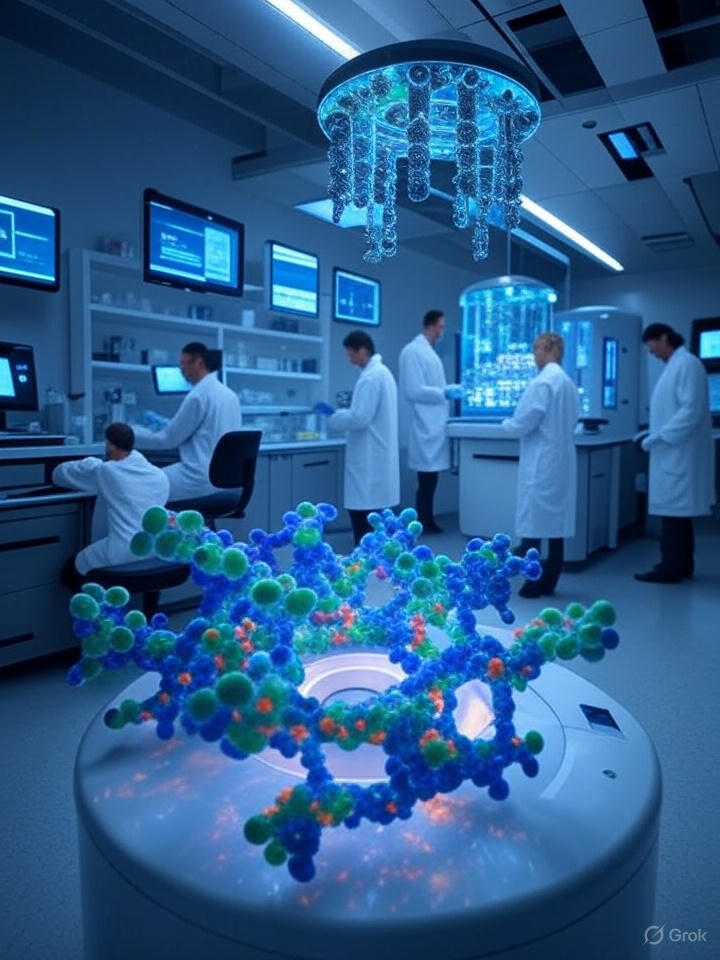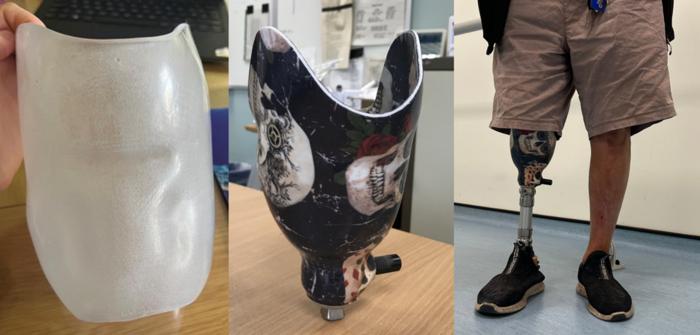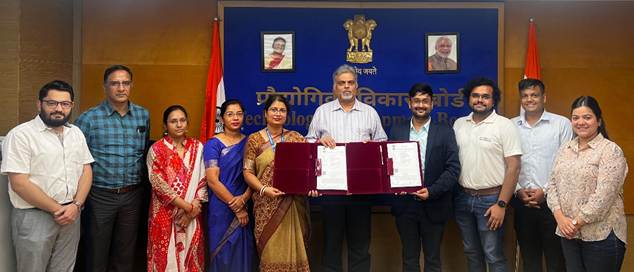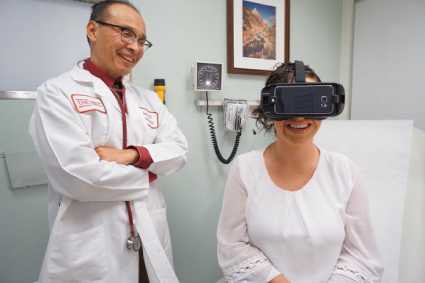Researchers in Barcelona have developed a way to create accurate digital models, or “digital twins,” of real cancer patients to simulate clinical trials for new treatments. This technology, called FarrSight®-Twin, uses algorithms similar to those used by astrophysicists to study black holes and will be showcased soon.
This method allows cancer researchers to conduct virtual trials before testing new treatments on actual patients. Each patient involved in a clinical trial could have their own digital twin, which could serve as a control group. This means doctors could test different treatments on these digital models to find the best option for real patients.
Dr. Uzma Asghar, a co-founder of Concr and a medical oncologist at The Royal Marsden NHS Foundation Trust in London, explained that billions are spent on developing new cancer treatments, but many do not succeed. Digital twins can help represent individual patients and form trial groups to compare treatment effectiveness before trying them on real people.
Each digital twin is created using biological data from thousands of cancer patients treated in various ways. This data helps simulate how a specific patient might respond to different treatments. This technology allows researchers to run patient trials much earlier in the drug development process and adjust simulations multiple times to explore various scenarios, increasing the chances of success.
-Press release –







